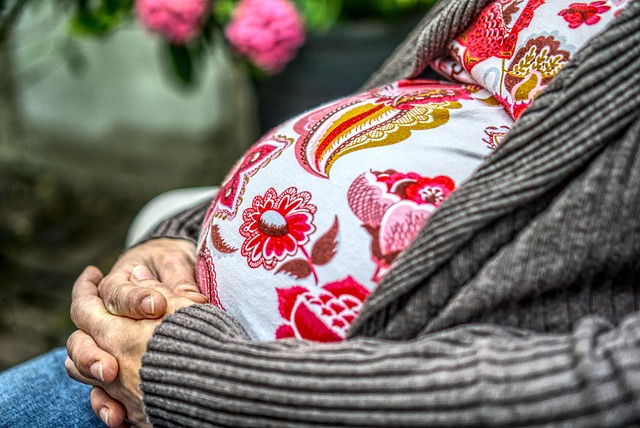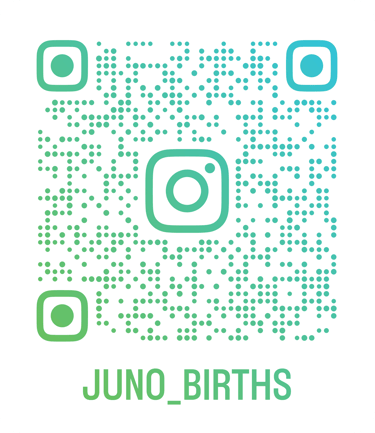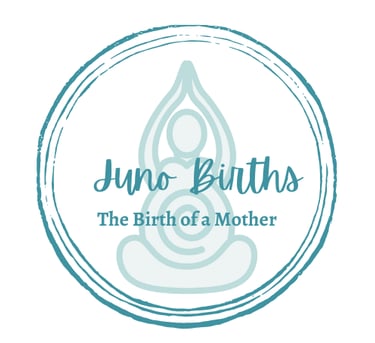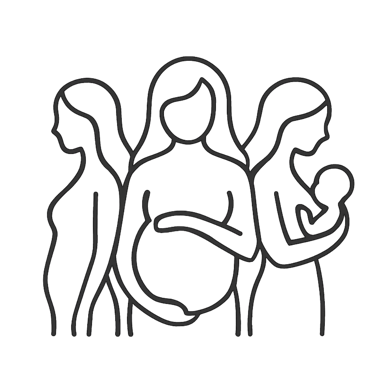What expectations have you not expressed today?
Valentina
9/13/20252 min read


Every day, we carry a web of expectations.
Some we speak out loud, many we hold quietly inside. We expect people to act a certain way, systems to function as we have known them, and ourselves to step into roles we have absorbed over time. Most of the time, we do not even notice these expectations until they are not met.
Expectations are shaped by our upbringing, our culture, and our experiences. When they clash with reality, we feel tension. We may feel frustration, anxiety, or disappointment.
Now imagine arriving in a country far from home, preparing to give birth, and realizing that something feels off. Perhaps a nurse asks a question and we do not understand what is being asked. Maybe a procedure feels strange, or a practice we always assumed would be there is not even mentioned.
It is easy to feel unsettled. Often, it is not that the system is wrong: it is that our expectations, rooted in our cultural background, have not been voiced or aligned with the reality around us.
Pregnancy itself already feels like stepping into another world. Our bodies, our minds, and our identities all shift. We are becoming someone new, and the expectations we once held about ourselves, our bodies, or even how life should work no longer seem to fit. Add the complexity of navigating another culture or healthcare system, and what once felt obvious, such as how care is delivered, how people respond, or what support looks like, can suddenly feel foreign and confusing.
Expectations are not wrong: they are the lenses through which we make sense of the world.
The challenge comes when we do not communicate them, or when we assume everyone shares them.
In pregnancy and birth, unspoken expectations matter deeply.
Birth is one of the most vulnerable moments of our lives.
Expectations around care, privacy, support, and procedures are often culturally informed. If we do not explore and express them, the experience can feel confusing or even disempowering.
For example, we might expect constant hands-on support from midwives, but find a system that works through periodic check-ins. Or we might assume certain foods, rituals, or partner roles are obvious, only to discover they are not.
This is why preparation matters so much. It is not only about techniques or technical knowledge, it is about reflecting on what matters to us, imagining the kind of support we need and learning how the system around us usually works.
This awareness helps us avoid unnecessary stress and gives us a greater sense of confidence.
Internationally minded doulas can be invaluable here.
They are more than language interpreters: they are bridges between worlds.
They help us name our expectations, navigate differences, and find ways to embed our values into the birth experience.
They bring clarity where there might otherwise be confusion, and connection where there could be isolation.
In birth, as in life, unspoken expectations shape our experiences. When we bring them into the open through reflection, conversation, and culturally sensitive support, we create space for understanding, confidence, and a deeper sense of belonging.


what expectations have we not expressed today?
So let us pause and ask ourselves:
Community
Find Support by following me on social media. Join our online community
Contact:
E-mail: valentina@junobirths.nl
Phone: +31 6 23480540
© 2026. All rights reserved.
KVK 84451866






Valentina Zago-Binnendijk


